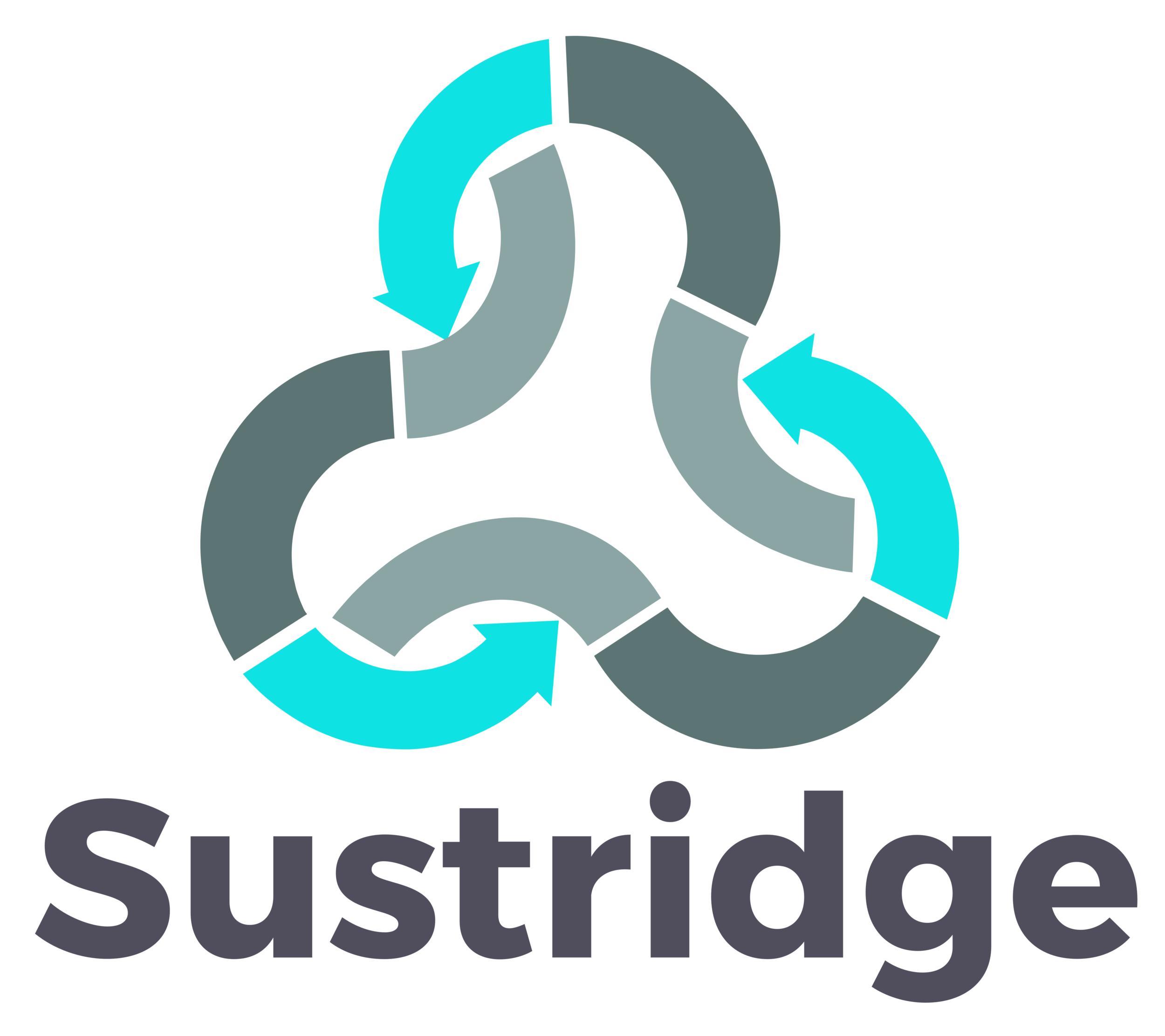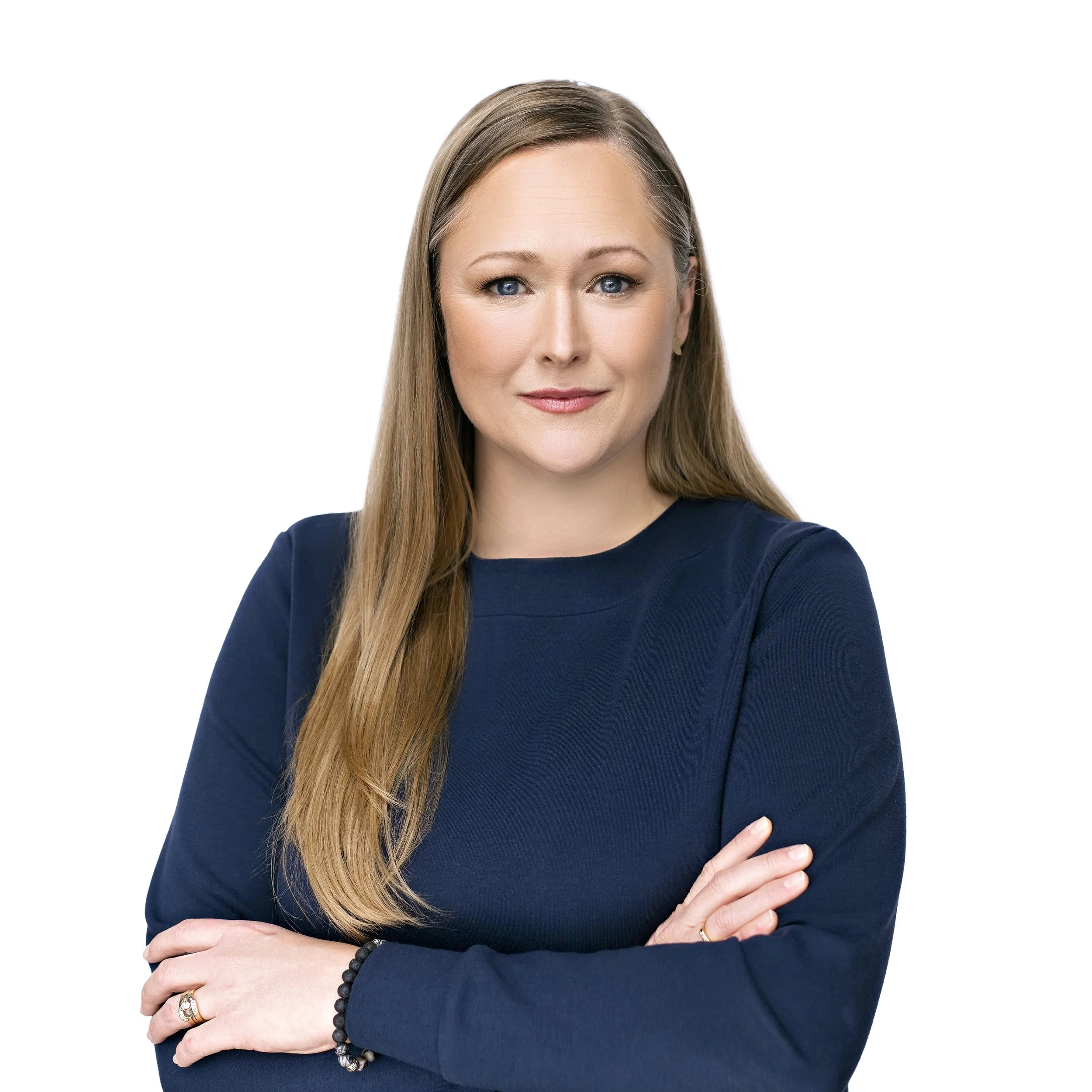Stacy Kauk - Head of Sustainability at Shopify
Stacy Kauk, P.Eng. joined Shopify in January 2020, and as Head of Sustainability, Stacy’s role is to ensure the millions of businesses using Shopify’s platform, the nearly 600 million shoppers (that purchased from a Shopify merchant last year alone), and climate entrepreneurs globally are working together in the fight against climate change. Stacy leads Shopify’s Sustainability Fund, which has committed more than $32 million to date (since 2019) across 22 entrepreneurial, tech-driven companies, to accelerate carbon removal solutions globally. Most recently, she was behind Shopify’s decision to build and launch Frontier, an advance market commitment to buy an initial $925M of permanent carbon removal alongside our partners, Stripe, Alphabet, Meta and McKinsey Sustainability.
She also serves on the advisory board of the Carbon Management Research Initiative (CaMRI) at Columbia University. Prior to joining Shopify, Stacy was head of the Ozone Layer Protection Program at Environment and Climate Change Canada. Previously, Stacy worked on several chemicals management regulatory initiatives and represented Canada as a member of delegations for the Stockholm Convention and Montreal Protocol. Stacy began her career as a practicing engineer designing environmental protection measures and pollution prevention controls for a variety of industry sectors. She has worked for the City of Ottawa, Morrison Hershfield, and Golder Associates. Stacy holds a Bachelor of Engineering and Masters in Public Administration from Carleton University.
Stacy Joins Sustainable Nation to Discuss:
How Shopify began and continues to evaluate quality carbon offsets for investment
Shopify acting as a customer and a demand signal for high quality investments; especially for startups
How is shopify engaging customers in the fight against climate change
Shopify’s carbon removal playbook
Advice and recommendations for sustainability professionals
Stacy's Final Five Questions Responses:
What is one piece of advice you would give other sustainability professionals that might help them in their careers?
I started this off by talking about how I came to the job that I'm at and I'm not a typical sustainability professional. What I have done is prioritized impact over everything else. That's clear in how we're trying to set up our sustainability fund and the companies that we choose, but it's also in how I've made my career choices. I've always wanted to make sure I'm in the best position at the right time to use my specific skill sets to have the most positive impact possible. I think everyone knows in the pit of their stomach when they're not playing for the right team. I think it's really important to act on that and to be strong in the skills that you do have, and to find ways to apply those to a career in sustainability or climate. There's a lot of people who are transitioning from accounting or marketing or communications and want to use their skills in sustainability or in climate. I think that it's really important to find your spot and use those skills for good. I think that's the most impactful way to drive change.
What are you most excited about right now in the world of sustainability?
This isn't something to be excited about, but I'll get to why I'm bringing it up. This past year we've seen a lot more of the negative effects of climate change, and they're not just being felt by populations around the equator or populations that live on the coastline. We're starting to see mainland Europe experiencing very intense heat waves, we're seeing these things become more and more commonplace in a larger swath of the planet. I'm not excited about that, but what that brings me to is the fact that a larger component of the world's population is now experiencing the negative effects of climate change that other countries and other populations have been experiencing for decades. I'm hopeful that this is going to bring this topic to the forefront and we're no longer going to be seeing the effects of climate change as somebody else's problem and we don't need to change our day to day existence or how we're operating our businesses. I think we're seeing early signs of people taking notice, because we're getting a lot of momentum in terms of funding commitments from government and the private sector to really start addressing climate change in a meaningful way. I'm hopeful that these unfortunate events are going to catalyze an acceleration in action.
What is one book you'd recommend sustainability professionals read?
I thought a little bit about this one because you've had a lot of guests and I don't want to pick the same book. I really loved The Future of Life by Edward O. Wilson. He's an American biologist known for speaking a lot about how behavior in the natural world combined with natural selection can alter biology through evolution. The book describes the the breadth and depth of the planet's biodiversity, but then also talks about the effects that we're seeing on biodiversity worldwide and how this is going to be detrimental to the planet. It also offers some solutions. What I get most from this book is that our natural systems are very complex and the interconnectedness of an ecosystem is super complex. That complex system to me is almost analogous to how complex the system is that we need to drive change in to solve climate change. When we're thinking about biodiversity, the effects of one small action can have an immense impact on an ecosystem, but it's only because of its second, third and fourth order effects. It's not that one action that causes the problem. It's everything that happens after it. I think about that when I think about how to solve climate change, because it's not one action that's going to solve climate change. It's the knock-on effects of that single effort that drives more change and gets momentum. Then that complex system starts to shift and adapt. I like to hold both together. That's a great book I'd recommend it if you're wanting to think about systems and also learn more about biodiversity.
What are some of your favorite resources or tools that really help you in your work?
I love reading research papers and reviews specifically related to carbon removal technology; I'm a bit of a tech nerd when it comes to things like that, being an engineer. I get a lot of my information from the AirMiners community and that's a little play on words about mining the atmosphere for carbon dioxide. They have a great community that they've set up where everybody working on carbon removal can come together and they put on all sorts of excellent webinar programming and there's publications and things like that. One of the things that works really well for me that's really basic is a list serve mailing list, almost like a Google group. It's run by professor Greg Roe who is one of the leading experts worldwide in ocean alkalinity enhancement. Again it's that connectivity that's provided. Everybody shares new journal articles or new findings from different research projects, so it's a great way to stay up to date.
Where can our listeners go to learn more about you and the work being done at Shopify.
We mentioned this earlier, but I'd recommend hitting up Shopify's website www.shopify.com/climate. You'll see what we offer in terms of services for our merchants and how we're building sustainable commerce. You'll also be able to click through and see our playbook and read up on the 22 companies in our fund. If you want to get the play by play and stay up to date, I'd recommend following myself on Twitter and you can get up to date news and announcements there as well.

